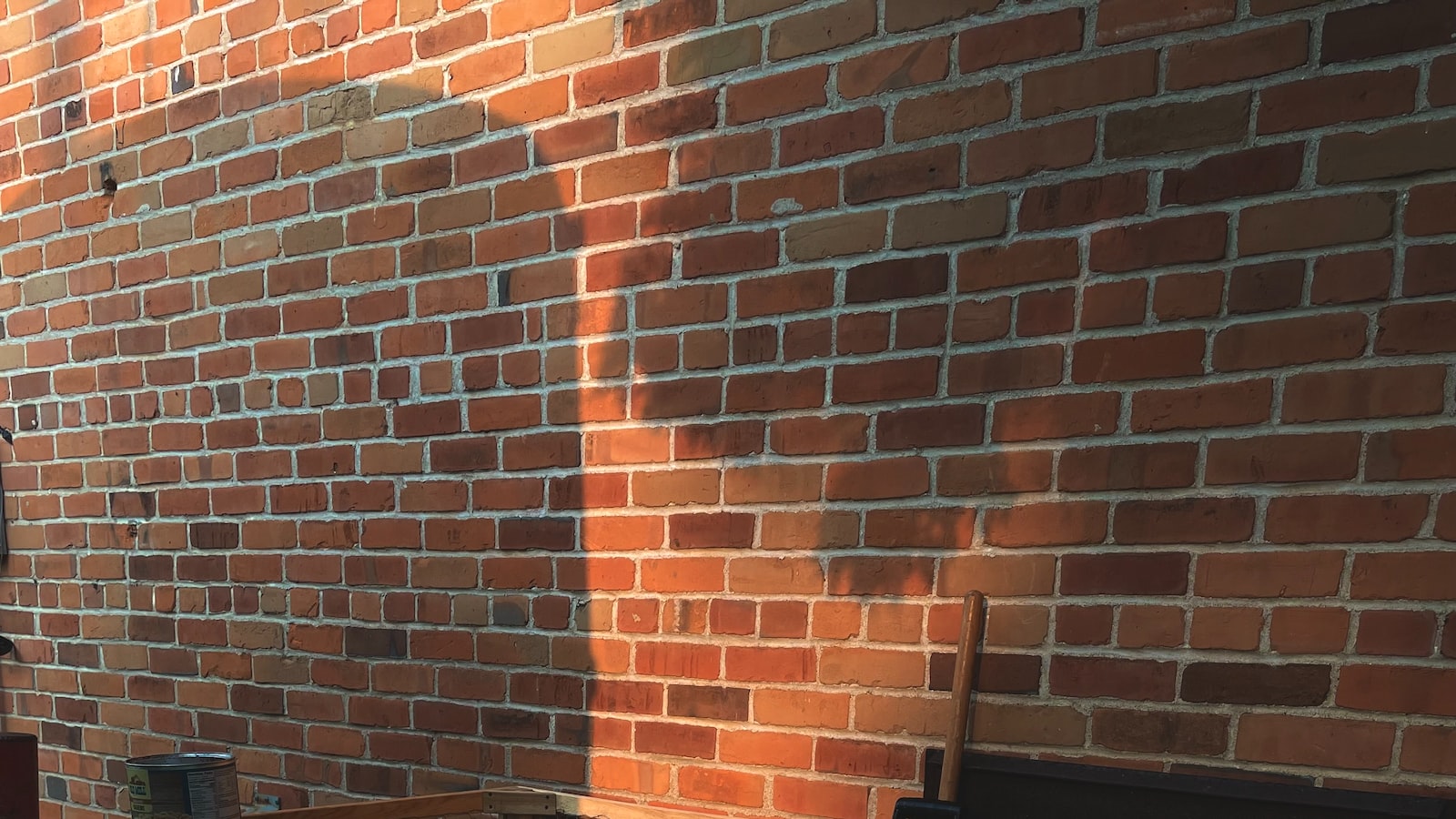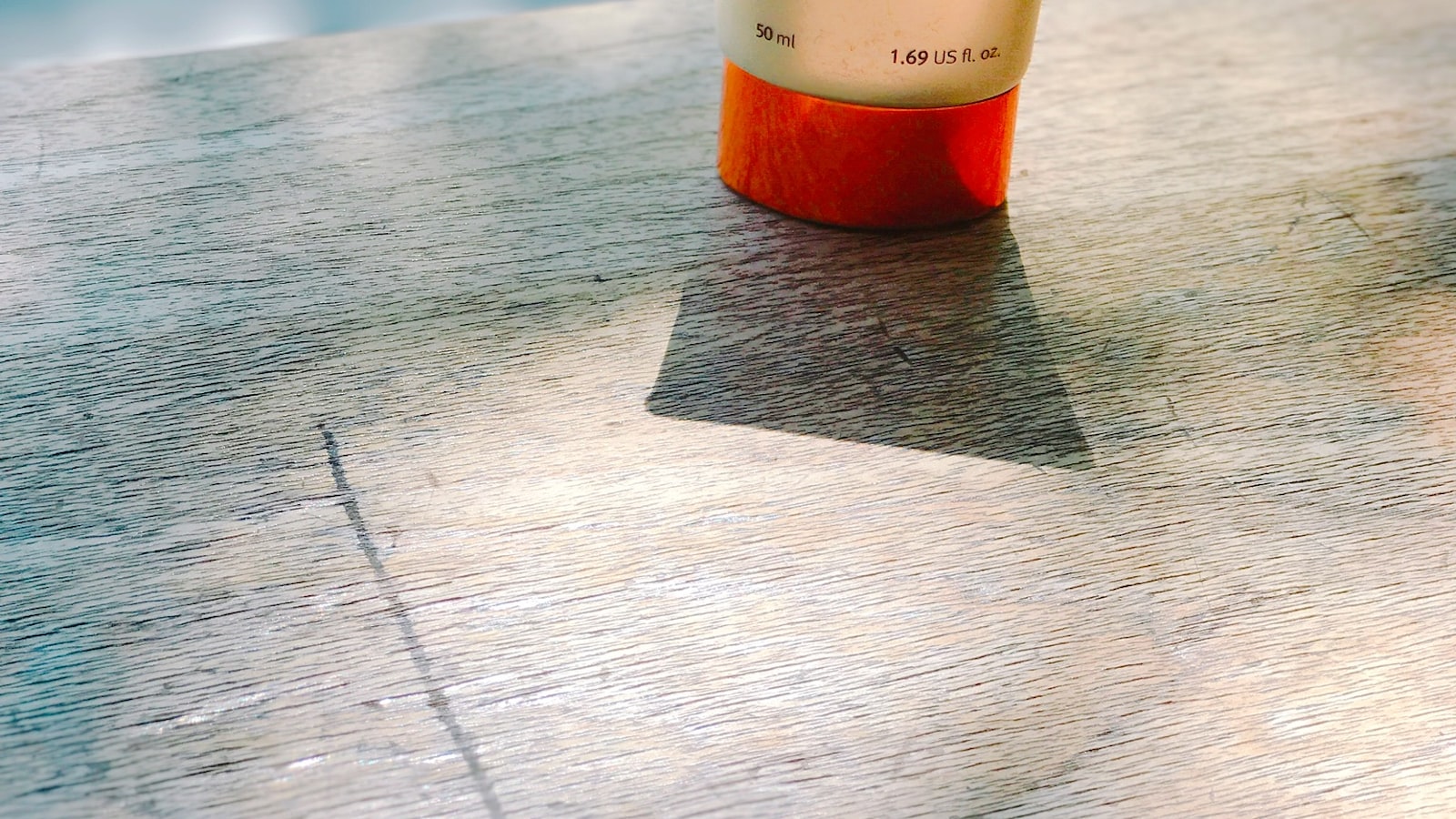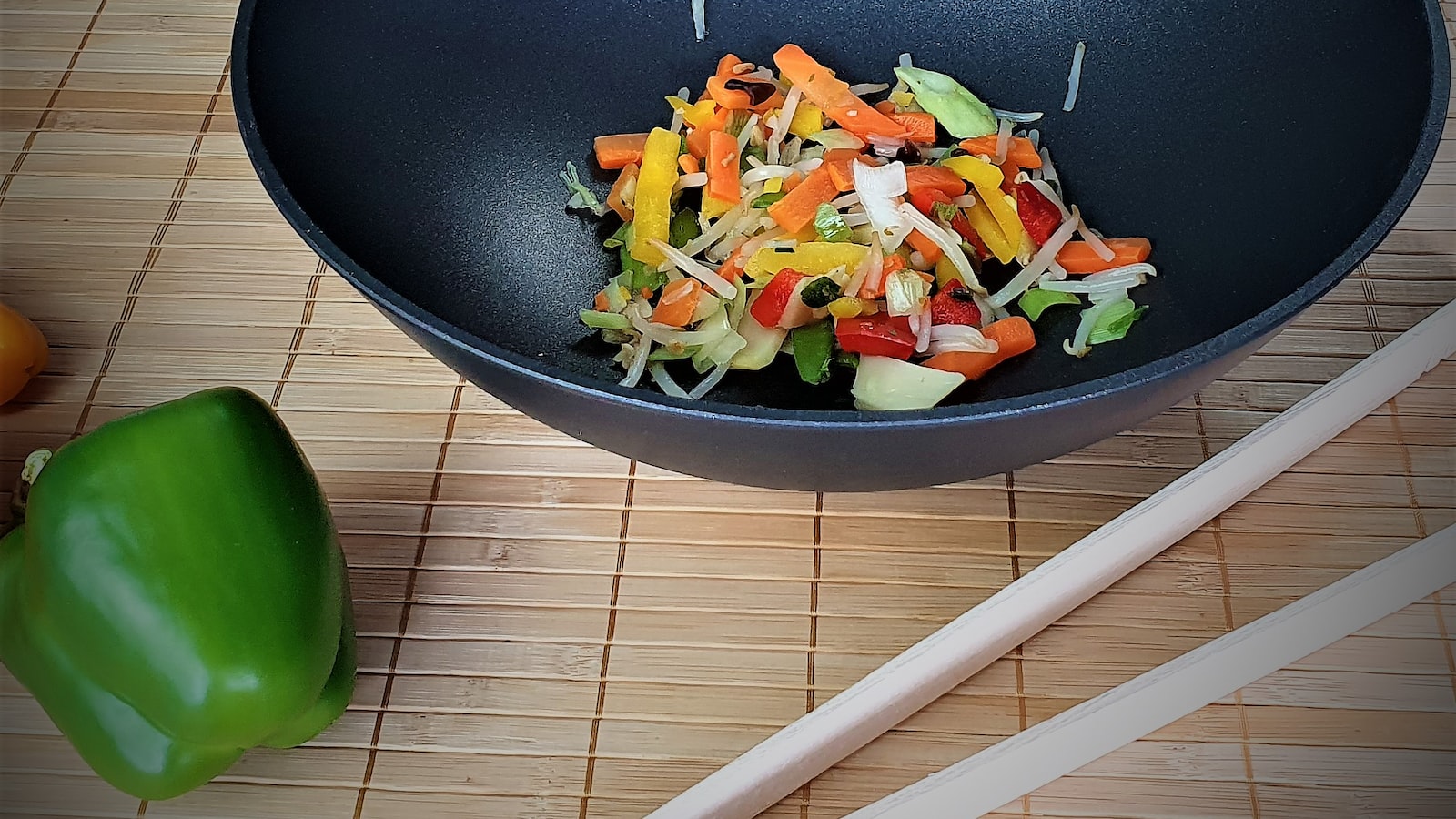Once upon a time in a compost pile far, far away, an intriguing question whispered amidst the rich earthy aroma. Can compost go bad? Journey with us through the magical world of decomposers and soil alchemists as we unravel the mysteries that lie within the realm of the decaying organic matter. With curiosity as our guide, we will explore the realm where nature’s leftovers transform into the lifeblood of the earth. So, dust off your gardening gloves and prepare to delve into the realm where composting meets its ultimate destiny. For within this enchanting domain, we shall uncover the truth behind the age-old question: Can compost truly go bad?
Does Compost Have an Expiration Date?
So, you’ve been diligently composting all your kitchen scraps, garden waste, and yard clippings, but now you’re wondering, can compost go bad? The answer might surprise you. Compost, although organic matter, does not have an expiration date as such. However, its quality and effectiveness may diminish if it’s not maintained properly.
Here are a few factors to consider when it comes to the longevity and quality of your compost:
- Moisture: Compost should be kept damp but not waterlogged. Too much moisture can lead to anaerobic conditions, impeding the decomposition process and causing unpleasant odors.
- Turning: Regularly turning the compost helps to aerate it, providing the necessary oxygen for the decomposition process. This ensures that the materials break down efficiently and prevents the formation of compacted and rotten spots.
- Balance: Composting is all about finding the right balance between carbon-rich “browns” (such as dry leaves and cardboard) and nitrogen-rich “greens” (like kitchen scraps and grass clippings). Too much of either can slow down decomposition or cause a foul-smelling pile.
| Features | Tips |
|---|---|
| Rich in nutrients | Ensure a good mix of both “browns” and “greens” in your compost pile. |
| Improves soil structure | Regularly turn or aerate the compost to avoid compaction and help with decomposition. |
| Reduces landfill waste | Avoid adding meat, dairy, or oily substances to your compost, as they can attract pests. |
In conclusion, while compost doesn’t have a fixed expiration date, taking proper care of it ensures its effectiveness as a nutrient-rich soil amendment. Remember to maintain the appropriate moisture levels, turn the pile regularly, and maintain a balanced mix of materials. By doing so, you’ll be able to reap the benefits of composting for your garden and the environment.

Factors that can Impact the Quality of Compost
Compost, touted as nature’s black gold, is a rich and organic mixture that enhances soil fertility and promotes healthy plant growth. However, it’s essential to understand that compost, like most things in life, is not immune to spoiling. Several factors can affect the quality of compost, it’s crucial to pay attention to these to ensure you’re getting the most out of your composting efforts.
1. Moisture: Moisture levels play a crucial role in compost decomposition. Too little moisture can slow down the process, while excessive moisture can lead to a smelly, anaerobic mess. It’s important to maintain moisture levels between 40-60% by regularly monitoring and adjusting as needed.
2. Temperature: Composting is a hot affair, quite literally. The heat generated during decomposition indicates that the process is working correctly, and the organic matter is breaking down. An optimal temperature range of 135-155°F (57-68°C) helps kill pathogens and weed seeds, making the resulting compost safe and beneficial for your garden.
| Features | Tips |
|---|---|
| Texture | Strive for a mix of coarse and fine materials to create the perfect compost blend. |
| Aeration | Regularly turn the compost to maintain proper airflow, helping with decomposition. |
| Balance | Ensure a balanced ratio of carbon-rich (browns) and nitrogen-rich (greens) materials for efficient composting. |

Signs of Spoiled Compost and How to Prevent it
Compost, just like any other organic matter, is susceptible to spoiling if proper care is not taken. While composting is a beneficial process that helps turn kitchen scraps and yard waste into nutrient-rich soil, there are signs to look out for when your compost has taken a turn for the worse. One of the most common indications of spoiled compost is a foul odor. If your compost emits a strong, rotten smell, it may have gone bad and could potentially attract pests to the area. Another sign to watch for is the presence of mold or fungus. While a small amount of white mold is normal during the composting process, an overpowering growth of mold or fungus can indicate a lack of oxygen in the pile.
To prevent
compost from spoiling, proper maintenance is key. Regularly turning and aerating the compost pile will help ensure oxygen is evenly distributed, making it less likely for the pile to go bad. Additionally, it’s important to maintain the right moisture levels. Compost should be damp but not too wet or dry. Adding a balance of carbon-rich materials (such as leaves and straw) and nitrogen-rich materials (such as fruit peels and grass clippings) can also help maintain a healthy compost pile. Lastly, avoiding certain items, such as meat, dairy products, and oils, can prevent compost from spoiling and attracting unwanted pests.| Features | Tips |
|---|---|
| Odor | Regularly turn and aerate the compost pile |
| Mold or fungus | Maintain appropriate moisture levels |
| Avoid meat, dairy products, and oils |

Tips to Ensure Long-lasting, High-quality Compost
When it comes to composting, many people wonder, can compost go bad? The answer is yes, compost can become less effective and lose its quality if certain conditions are not met. To ensure your compost remains long-lasting and of high quality, here are some tips to keep in mind:
n id="Moisture_Control">Moisture Control:
- Keep your compost moist, but not overly wet. Aim for a damp sponge-like consistency.
- You can add water to dry compost to maintain the proper moisture levels. Conversely, you can add dry materials like wood chips or shredded newspaper if your compost is too wet.
- Turning or mixing your compost regularly can help evenly distribute moisture throughout the pile.
Aeration:
- Proper aeration is crucial for the breakdown of organic matter and the prevention of unpleasant odors.
- Regularly turn your compost pile to introduce oxygen and aid in decomposition. A pitchfork or garden fork works well for this task.
- Adding rough materials like straw or twigs can help create air pockets within the compost pile.
By following these tips, you can ensure that your compost remains healthy and effective for all your gardening needs. Remember, compost is a valuable resource for enriching your soil and reducing waste, so taking care of it will yield the best results.

